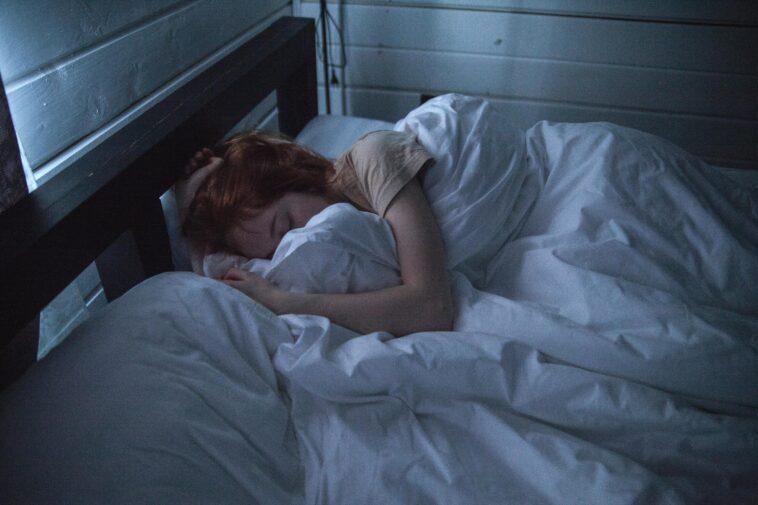Many people may notice changes in their sleep patterns and overall quality of rest during the winter season. Shorter days, colder temperatures and the transition into daylight saving time can disrupt your body’s internal clock or circadian rhythm. Rosie Osmun, a Certified Sleep Science Coach from Amerisleep, shared how these seasonal shifts impact sleep and offers tips for maintaining a restful routine throughout the colder months.
“The winter months can bring challenges to our sleep schedule, with shorter daylight hours and potential colds and flu making an impact,” Osmun said. “Next time you find yourself feeling fatigued on short winter days, it is important to work with factors you can control. Stick to a regular sleep-wake schedule to help support your natural circadian rhythms, ensure your bedding is comfortable, and keep your bedroom at the ideal temperature.”
The Impact of Daylight-Saving Time
On Sunday, November 3rd, most of the United States will turn back the clocks, marking the end of daylight-saving time. While this one-hour adjustment might seem minor, it can significantly interfere with your circadian rhythms, which regulate sleep, appetite, and mood. With altered light exposure, you may find it harder to feel energized in the morning and more challenging to wind down at night.
Reduced Daylight Exposure
The transition to shorter days means you might start your morning before sunrise and finish your workday after dark. This lack of natural light can lead to decreased vitamin D levels, which are crucial for serotonin production and maintaining healthy sleep-wake cycles. This reduced exposure to sunlight can also contribute to daytime fatigue and increase the risk of seasonal affective disorder (SAD).
To combat the darkness of winter mornings, consider investing in a sunrise alarm clock. These devices simulate a natural sunrise, gently waking you instead of jolting you awake with a loud alarm. Many also feature a sundown setting, gradually dimming lights before bedtime and filtering out blue light that can interfere with sleep.
The Role of Temperature
Temperature is another critical factor in achieving quality sleep. As your body prepares for sleep, its internal temperature drops slightly. The ideal room temperature for a restful sleep is between – and 70 degrees Fahrenheit. The cooler winter temperatures can naturally support your body’s sleep processes.
Instead of heating your bedroom excessively, embrace the coolness by taking a warm bath an hour or two before bed. This helps lower your core body temperature as you cool down afterward, promoting better sleep. Consider also removing excess layers before getting into bed or cuddling for warmth, which can enhance relaxation.
Coping with Seasonal Illness
Winter often brings an uptick in colds and flu, which can disrupt sleep through snoring, coughing, and elevated body temperatures. Certain medications, including decongestants and some cough syrups, can also affect deep sleep cycles. Be mindful of the ingredients in any over-the-counter medications, as substances like alcohol can impair sleep quality.
Maintaining a Consistent Sleep Routine
Establishing a consistent sleep-wake schedule is necessary for quality sleep during the winter months. While you may keep a regular wake-up time during the workweek, it’s important to maintain that schedule on weekends as well. Keeping your bedtime consistent will support your circadian rhythms.
Be cautious with your caffeine and alcohol intake, as both can disrupt sleep. Aim to avoid caffeine for at least eight hours before bedtime and limit alcohol consumption to three hours before sleep. Additionally, research indicates that spending two or more hours on screens in the evening can hinder melatonin production, making it harder to fall asleep. To enhance your pre-sleep routine, try substituting screen time with relaxing activities like reading, coloring, or taking a warm bath.
As winter sets in, taking these steps can help you enjoy better sleep and feel more energized throughout the season.
Source: https://amerisleep.com/







Comments